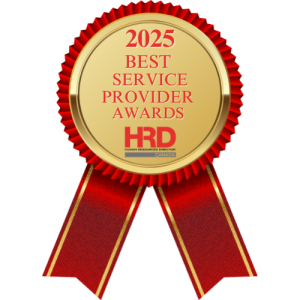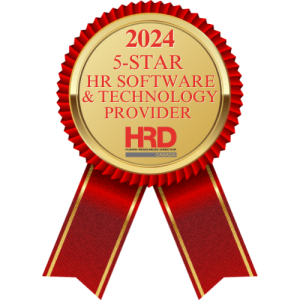HRIS implementation part 1: why data management is key to success

We live in an era where data management is paramount. Finding, accessing and distributing data as fast as possible is vital for the success of processes across the board. HR professionals in particular have to deal with massive amounts of data. They must be able to create new records, find, access, update, and share existing ones on the go. This is exactly why many HR professionals consider an HRIS (Human Resource information system) as the best solution.
An HRIS is designed to make data management easier in two ways; by cutting down and automating repetitive tasks and making access to the information easier. Following an HRIS implementation, many organizations experience improvements in HR analytics and HR data management.
But what many HR departments fail to realize is how important data management is for a successful HRIS implementation. Here are some tips to help efficiently manage and prepare your data for a successful HRIS implementation.
Start working on data management early on
Not all Human Resource Information Systems are the same in terms of scalability and the number of features. While choosing the best HRIS for your business is vital, the data management is just as important. Why? Because it’s the data that makes the HRIS useful. This is why it is best to start working on HRIS and data management simultaneously and as early as possible in the process.
The data we’re referring to falls into 2 different categories; employee data and business processes. Employee data refers to personal information, job titles, salaries etc. Business processes include clear and concise steps for activities like recruitment, training, performance management, HR policies, and payroll. Both of these categories of data need to be clean in order to efficiently set up a well-functioning HRIS that leverages automation.
Working on data management prior to HRIS implementation will make it significantly easier to discover patterns in the HRIS output, identify synergies of different HR practices, and feed decision makers with actionable and accurate data to improve the HR process overall.
A data management plan as a basis
While very sophisticated, an HRIS is, generally speaking, a very simple system. It can be described with a simple scheme: input > data management > output. As you can see, data management stands at the center. This is why it is of utmost importance to understand the value of data management and look at it as the basis of a successful HRIS implementation strategy.
What should a data management plan include? First of all, be clear on what data types will be entered. Once you have a spreadsheet of data types, you should decide who is going to be responsible for managing the data and ensuring the success of the data management plan. Finally, address the data format, entry, updates, sharing, and re-use policies. Pay special attention to privacy and confidentiality matters regarding the data sharing procedures.
Once you have a data management plan in place, shopping for, evaluating and choosing an HRIS system for your business will be simpler. You will have a better understanding of the data you need to process and can more easily match those needs with the offerings of the different HRIS providers.
Contact us for more information.
 The true ROI of an HRISBy Briana Della Foresta
The true ROI of an HRISBy Briana Della Foresta A Year in ReviewBy Briana Della Foresta
A Year in ReviewBy Briana Della Foresta Choosing the Right HRIS: A Comprehensive GuideBy Briana Della Foresta
Choosing the Right HRIS: A Comprehensive GuideBy Briana Della Foresta The Impact of Vacation Time on Employee Creativity and InnovationBy Briana Della Foresta
The Impact of Vacation Time on Employee Creativity and InnovationBy Briana Della Foresta The Importance of Employee Vacations for Work-Life Balance By Briana Della Foresta
The Importance of Employee Vacations for Work-Life Balance By Briana Della Foresta Creating a Vacation-Friendly Company CultureBy Briana Della Foresta
Creating a Vacation-Friendly Company CultureBy Briana Della Foresta Strategies for Coping with Working Mom GuiltBy Briana Della Foresta
Strategies for Coping with Working Mom GuiltBy Briana Della Foresta The Importance of Respecting Holy DaysBy Briana Della Foresta
The Importance of Respecting Holy DaysBy Briana Della Foresta What HR Should Know About Candidate Experience?By Briana Della Foresta
What HR Should Know About Candidate Experience?By Briana Della Foresta Do What You Love or Love What You Do?By HRWize
Do What You Love or Love What You Do?By HRWize


